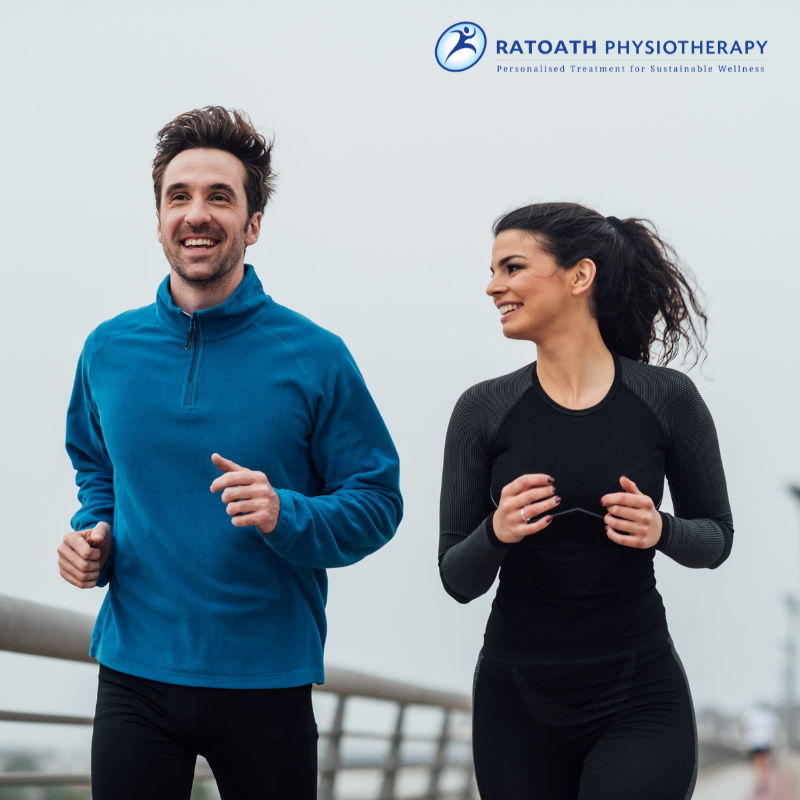While we are all aware of the physical benefits that exercise holds, it is equally important to remember the benefits that exercise can have in both treatment and prevention of mental health disorders including anxiety and depression. It is estimated that 1 in 4 of us will experience mental health problems in our lifetime. Unfortunately, as talk of a mental health pandemic looms this is becoming an increasingly important topic.
What are the benefits of exercise?
Exercise reduces stress hormones and releases endorphins in the body, which together helps relaxation. Endorphins are the “feel-good” chemicals in the body and can reduce perception of pain while improving sense of well-being. Mental health benefits of exercise include:
- Improved mood
- Reduced stress
- Improved sleep
- Reduced mental fatigue
- Improved self-esteem and self-confidence
- Improved concentration and memory
How much exercise is recommended?
Any exercise is better than none – as little as 60 minutes of physical activity per week can prevent up to 17% of incident cases of depression. Start with what you are comfortable with and gradually try to add more activity into your day.
It is recommended that adults include 30 minutes of exercise 5 times per week. This does not have to be carried out in one session – e.g. you may opt to do a 15-minute walks twice per day. Shorter, more frequent bouts of activity may be particularly useful to desk-based workers.
What type of exercise is best?
Both cardiovascular and resistance exercise are beneficial in improving mental health status. Enjoyment is the key to sustainability. Options may include walking, running, cycling, swimming, dancing, yoga, Pilates, HIIT, weight-lifting etc. It is down to each individual – some may prefer to exercise indoors vs outdoors; others may prefer home workouts vs gym workouts. Many people enjoy exercising with a friend or joining a class/club as it can improve motivation and accountability. There are so many options available to us, with many resources available online, through apps, or in various facilities around the community.
Of course, exercise is just one small tool in the management of mental health. It is important to reach out and ask for help where necessary. Contact your GP, or find more information at www.yourmentalhealth.ie.











